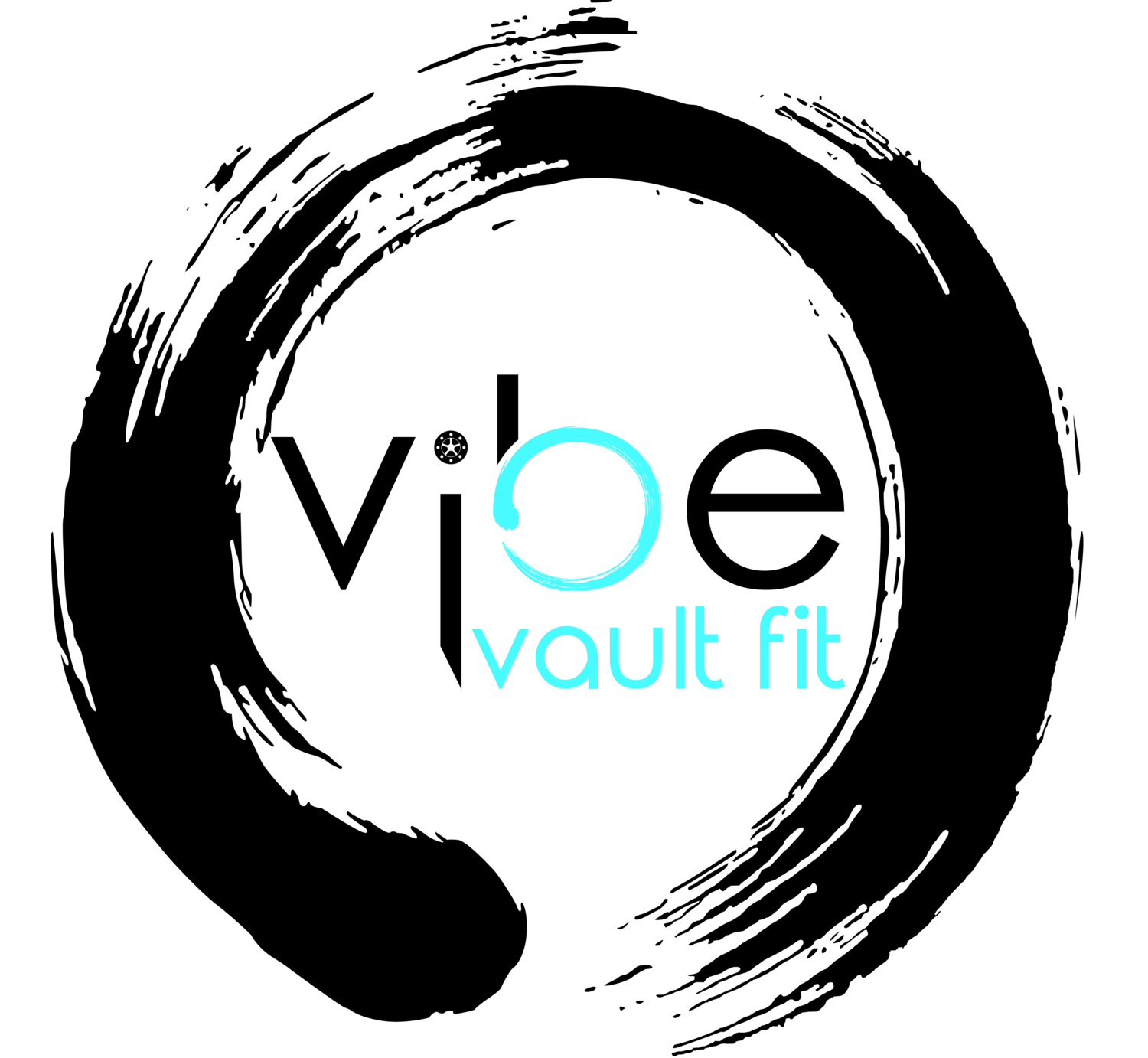Who Are You?
Who are you?
Seems like an easy enough question, right?
So let’s see… how would I go about answering…?
I am a mother.
I am a sister.
I am a baker.
I am a crafter.
I am a writer.
I am a runner.
I am a dancer.
I am an employee.
I am a friend.
And… all of these things are true. But none of those things are who I am. All of those are roles that I play. And while each of those roles contributes or expresses some piece of who I am, the complete picture is so much more than merely a collection of roles. Isn’t it?
So why is that how I respond? Why, when we are asked who we are, do we offer a list of the roles that we play?
I think that there are a few reasons.
It is a lot easier to identify the roles that we play than the characteristics that we embody. It is easier to say, easier to understand, and easier to feel understood. When I tell you that I am a mother, even if you do not know what my parenting style or philosophy is, you know what I’m talking about. When I say that I am a runner, even if you do not know my average pace, personal bests, longest distance or preferred race, you have an idea as to what it is that I do. And, even if you are not a runner, not a mother, not any of those things that I may say, it gives us a common vocabulary, a basis for communication. It gives us a point of connection.
And connection is the other big piece of trying to share who we are.
Let me get (social) scientific for a moment. There is an idea within psychology that assesses human motivation. Maslow’s Hierarchy of Needs has been used to study why humans do what they do, the motivation behind choices and behaviors, and is a method to understand and explain human development. The theory is often depicted as a pyramid, with the base needs at the bottom, with each layer being built onto the previous. The idea is that the base needs must be satisfied in order for a person to begin to feel motivation at the next layer.
At the base of the pyramid, creating the foundation for everything that we need and do in this life, lies physiological needs - food, shelter, sleep, basic hygiene. The next level is safety, which includes health and security - personal, emotional and even relational. Hold this thought. I’ll come back to it in a moment. The middle level is love and social belonging. This includes family, friends and community. The fourth layer of our pyramid is esteem - respect and admiration, and also reputation. Finally, at the top of the pyramid, we find self actualization.
When it comes to sharing with the world who we are, it is easy to think that we are trying to fill our “esteem” need - that we are seeking to secure our reputation and earn respect from those around us. But the need to connect with others - to use the language of the roles we play to describe who we are, the need to have a shared understanding of who we are, even if it paints an incomplete picture, starts at the two layers under that. It is clear how the drive to fit who we are into boxes that can be both understood and accepted by those around us fills the “love and belonging” need. But I also think that it goes lower on the pyramid than that, to the more base need for safety and security.
At our very core, humans are inherently social beings. Yes, even us introverts. Our very survival as a species has depended on being part of a group - a family, a village, a community. We need each other. So to be misunderstood or, worse still, rejected for who we are as a person can cause more than loneliness (which is bad enough!) - it can shake our sense of safety and survival. So seeking to describe who we are in terms that can place us within a social structure can be viewed as a survival mechanism.
All this being said, I still want to feel like I am more than the roles I play, and I do still believe that that’s not only true, but it’s also essential.
And the same is true for you.
So, even though it is understandable why we both identify and explain ourselves this way, I want you to take a moment and set all of that aside. To think about who it is you truly are when your needs are satiated and your roles can be set aside.
You are more than the role you play in someone else’s story - more than what you can provide to someone else.
You are a soul. A spirit. A sentient being comprised of stardust and electricity, light and power. You are purpose and truth.
But in the end, if I’m honest, I still don’t know how I would actually answer the questions of who I am. I am the sum of all of my roles, as well as none of them. I am the sum of my dreams and hopes and desires and experiences, but I am none of those things, either. I am all of the places that I have been, all the people I have met and all of the feelings I have felt. And none of them at the same time.
In the end, the only thing that I know for sure is that… I am me. And that is enough.

